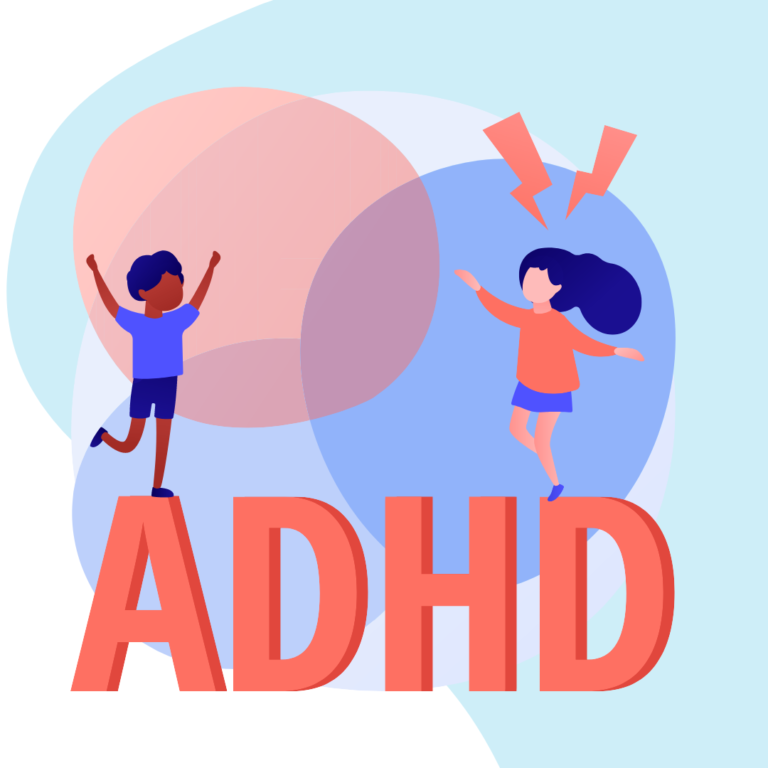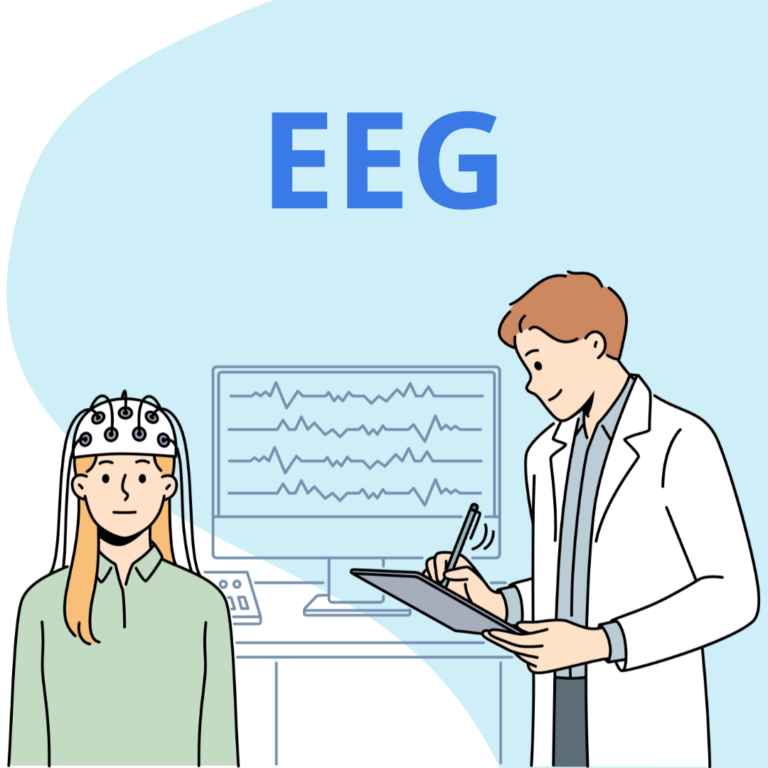COVID-19. A new infectious coronavirus disease, whose name has been used in all cases by the whole world for more than a year and a half, has changed the whole world to a degree and in a way that has never been seen before. The majority of people who experience COVID-19 have mild to moderate symptoms that can be treated with common medications. However, there is a group of people who are particularly concerned about the emergence of a new enemy. Among them are patients with epilepsy. Should they be afraid? If so, then of what?
Table of contents
Epilepsy and the risk of the disease and seizures
Currently, there is no information regarding whether people with epilepsy are at higher risk of COVID-19 than people without health problems.
Can COVID-19 increase the symptoms of epilepsy or the frequency of seizures? Yes, as can any infection with temperature and homeostatic disturbances. Children are particularly susceptible, in whom infection and elevated temperature can cause seizures, although the virus is mild in children. The usual precautions (antipyretics) should be taken for certain epileptic syndromes in which seizures may be provoked by fever.
Certain rare forms of epilepsy (e.g., Rasmussen syndrome) treated with measures that affect the immune system (e.g., ACTH, steroid therapy, immunotherapy) may have a higher risk of developing more severe symptoms from viral infections.
Often, individuals with epilepsy have comorbidities that may contribute to an increased risk of developing more severe symptoms during COVID-19. Such individuals include patients who are elderly and have limited mobility, serious heart disease, respiratory disease, diabetes, hypertension, impaired immunity due to comorbidities or medications, and obesity.
There are no studies at this time that prove an association between COVID-19 and more epileptic seizures and the severity of this problem, other than the above exceptions.
Effects of covid on the brain
Each case of COVID-19 takes a different course and results in symptoms of varying severity. Among these are brain symptoms, as the disease damages the brain within the frontal lobes. Olfactory dysfunction may result because the virus enters the body via the olfactory route, through the nose, into the olfactory box and damages it. Usually this damage is temporary, but it can also take a long time for the senses of smell and taste to recover.
The disease can damage the brain at the functional level, but at this point there are no scientific studies that link COVID-19 to the occurrence of brain lesions at the structural level. It is a fact that the virus can cause thromboembolic disorders and, in turn, impaired blood supply to the brain can secondarily cause stroke-like damage of greater or lesser severity. But this is an indirect mechanism, not directly due to the specificity of the virus action.
As of today, we cannot say that there is a relation between COVID-19 and epilepsy – the virus is not a direct causative factor in the occurrence of seizures. Even an acute infection with complications does not increase the incidence of epileptic seizures or the appearance of epilepsy itself. And at the same time, although we feel that as a society we have been struggling with this new disease for a very long time, it is too short a time to be able to presume, on the basis of knowledge of the mechanisms of the disease epilepsy, about causal relationships between COVID-19 infection, brain damage as a result of its course, the formation of epileptogenesis and, as a result, epileptic seizures.
A much greater impact on patients suffering from epilepsy has been a different kind of impact from the COVID-19 epidemic. For nearly a year and a half, most of the forces and resources have been diverted to counter-epidemic efforts, resulting in less access to centers and specialists to treat patients with epilepsy. The unavailability or very limited accessibility to neurological care or outpatient care has a direct impact on the level of care of epileptic patients. The effects of this state of affairs are felt by patients all the time and we will be seeing the consequences of this situation for a very long time.
Vaccination and epilepsy
In epilepsy, especially in some of its varieties, vaccination should be approached with caution. There are some vaccinations to which patients with certain predispositions may react by making their condition worse. Therefore, each case should be considered individually. On the basis of the patient’s condition, type of epilepsy, and medications taken, the physician will decide whether and what type of vaccine will be most beneficial for the individual patient.
Rare epilepsy syndromes can even be “unlocked” by the administration of a vaccine – not just the one for COVID-19, but also for many other diseases. As a result of the vaccination, there may be an intrathecal disorder that triggers the epilepsy. Perhaps other factors, such as an acute infection, would work the same way and epilepsy would occur sooner or later, but it also happens that it is the vaccination that accelerates the process.
Currently, we have no data to prove an association between COVID-19 vaccine administration and the severity or onset of epilepsy. This is also because vaccination is too short-lived, we still know too little about the long-range effects of these vaccines. We are unable to assess which manufacturers’ products pose a potential risk to patients with selected types of epilepsy or whether they do at all. Therefore, the general recommendation for administering COVID-19 is the same as for all other vaccines: you need to consult this directly with your healthcare provider to directly assess the risks based on your condition and individual predisposition.




